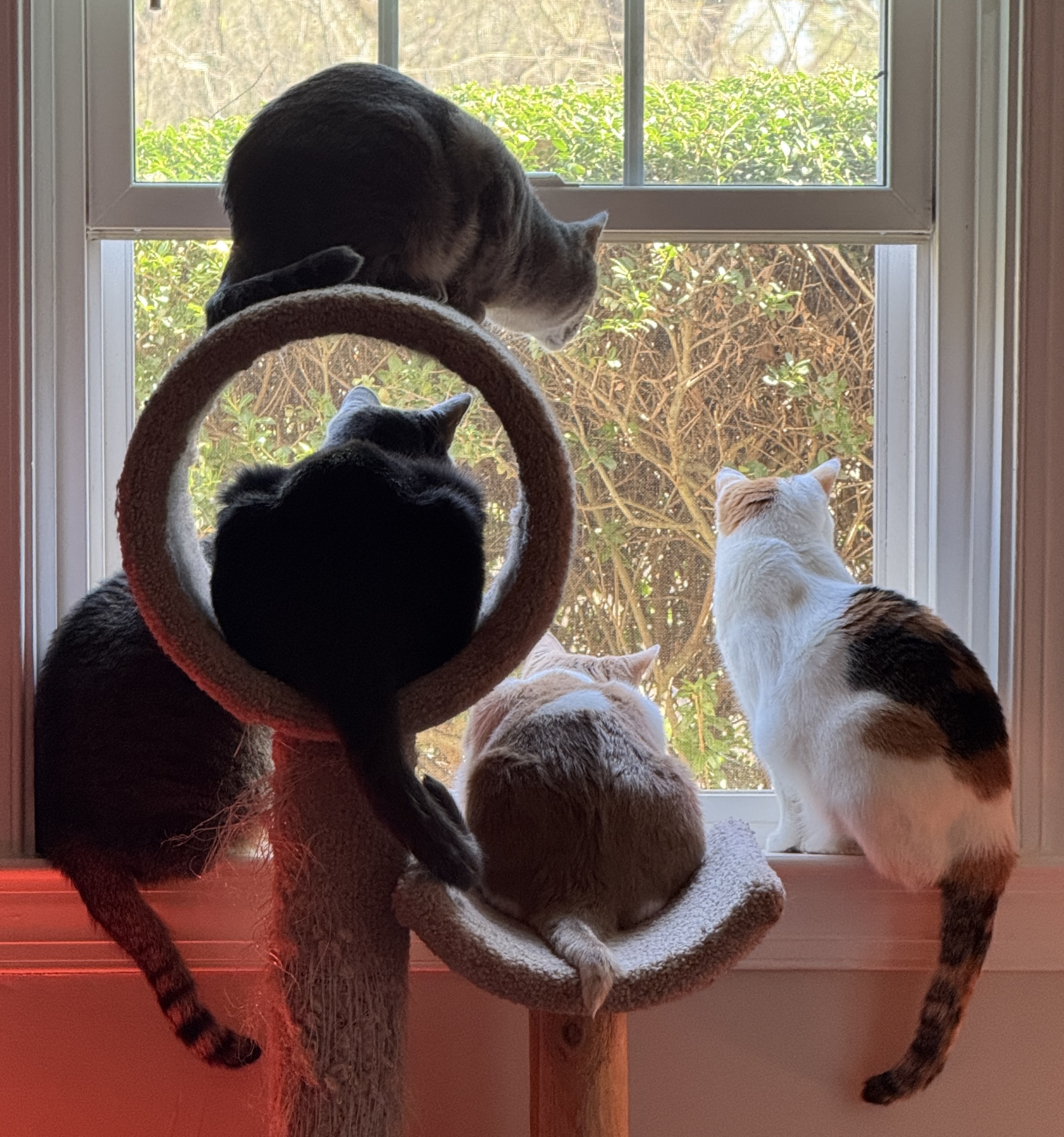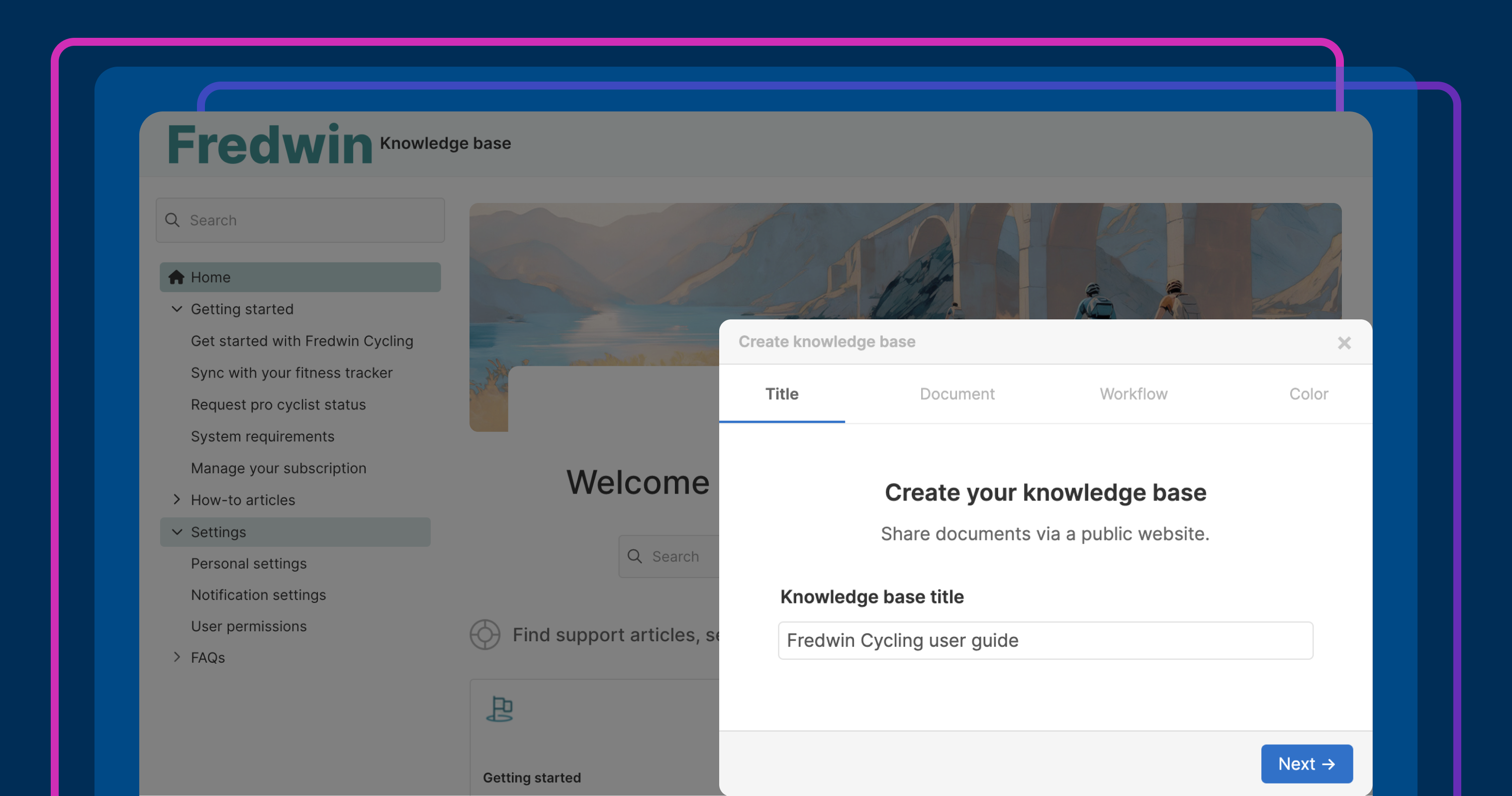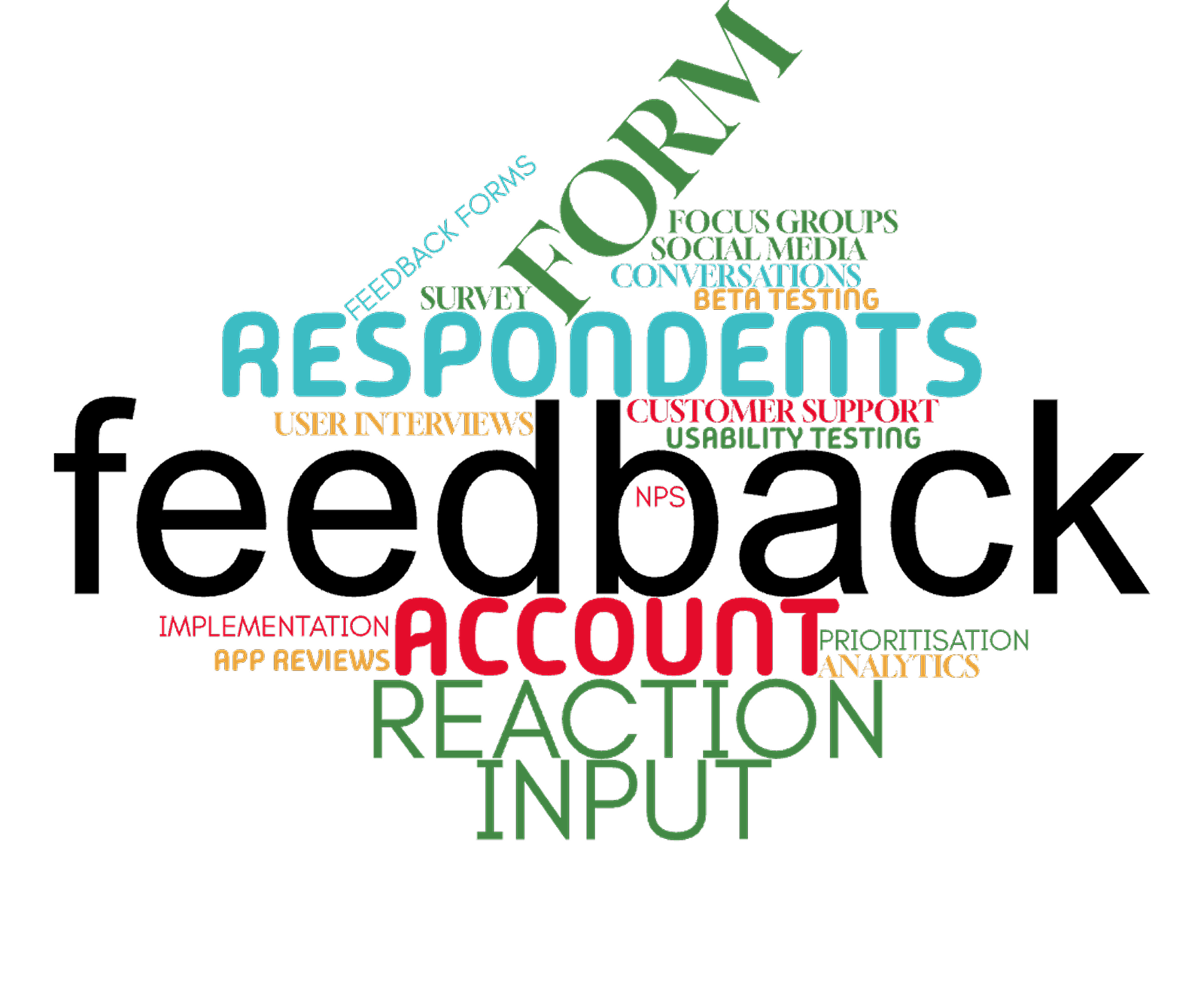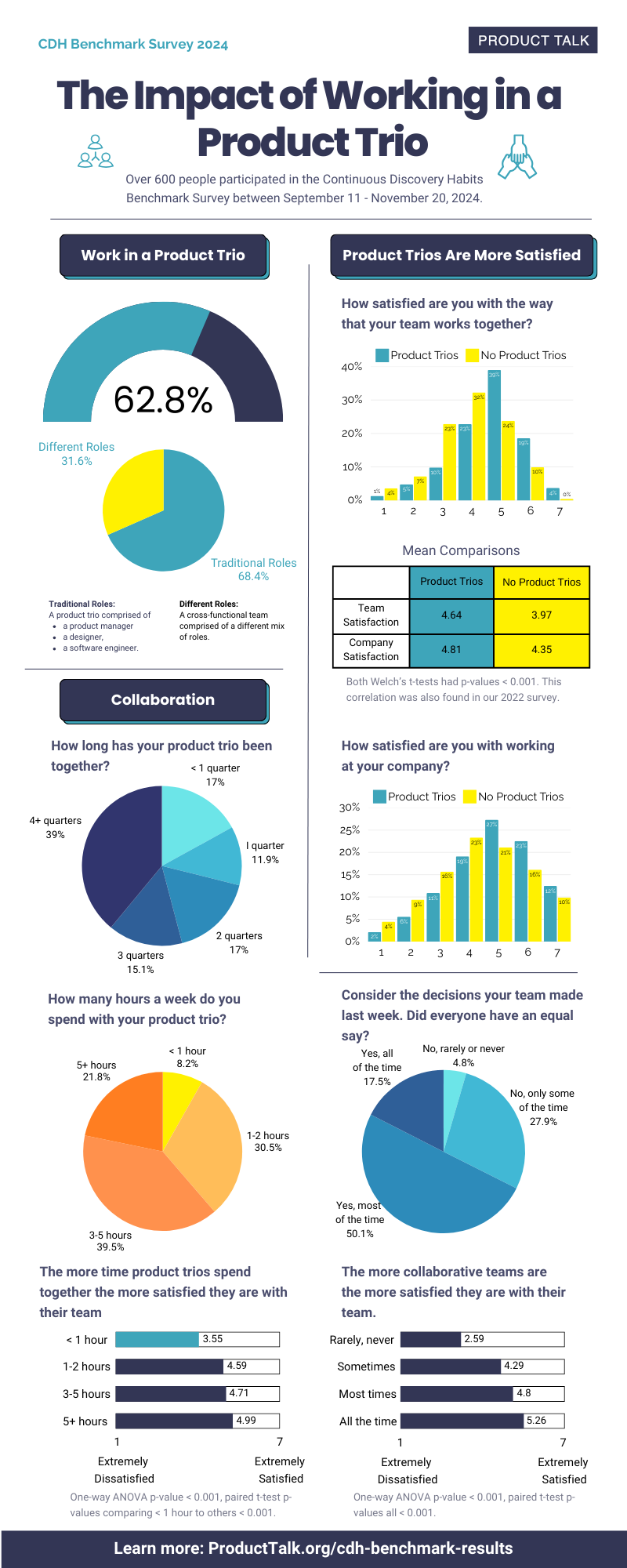how to get people to answer my questions, without sounding rude or snarky
This post was written by Alison Green and published on Ask a Manager. A reader writes: I need help figuring out how to point out to someone they haven’t answered my question in a way that doesn’t sound rude. I’m a 40-year-old woman who has recently been diagnosed with both ADHD and auditory processing disorder. I’ve found that this is the reason why I have a hard time […]

This post was written by Alison Green and published on Ask a Manager.
A reader writes:
I need help figuring out how to point out to someone they haven’t answered my question in a way that doesn’t sound rude.
I’m a 40-year-old woman who has recently been diagnosed with both ADHD and auditory processing disorder. I’ve found that this is the reason why I have a hard time holding a lot of verbal information in my head. And this is why for my entire life I’ve been dealing with a communication problem that I don’t know how to handle.
The problem is this: I ask someone a question, but they don’t answer my question. They reply with a word salad of vagueness and unnecessary information, and I’m left not knowing what the answer to my question is. I’ve had this problem both communicating in person and via instant messaging platforms such as Teams.
I’ve encountered this problem with several different coworkers at various companies over the past 20 years. Here are examples of conversations I’ve had. Please note these are not word for word what was said, because I can’t remember exactly what was said.
Example #1 (in-person conversation)
Me: Hey, Bill, do you have any meetings scheduled today?
Bill: I was going to have a meeting with Bob but he canceled on me. They are scheduling way too many meetings for me I can’t get any work done blah blah blah blah…At this point my brain gets overwhelmed with all the unnecessary information and I walk away. And 20 minutes later, I realize they never answered my question.
Example #2 (in-person conversation)
Me: Hey Peter, I’m getting ready to order the teapots, I just wanted to verify that nothing’s changed. We still need five, correct?
Peter: Well, Joanna thinks we only need three, but I think we need more like eight. Last time we went with seven and that still wasn’t enough.
Me (trying to process): Um, okay, so … um … how many should I order this time?
Peter: See, once we get this new automated ordering system in place, we won’t have to go through any of this manual ordering. All that will need to be done is push a button and everything’s done. No need for manual entry.
Me: Yeah, I hear ya. But in the meantime we still have to do it the old way, so how many teapots should I order?
Peter: I used to order 10 teapots every month, but that got to be too much. And I need to renew our Peppermint license.
Me: Wait a minute, I thought we agreed that we weren’t going to use Peppermint anymore? That it was causing too many problems?
Peter: Bob said he didn’t think it was that big a deal.
Me: Not a big deal? It’s making our teapots run slow, we talked about this in last week’s meeting, I thought we all agreed we were going to start using Chamomile tea from now on?
Peter: Chamomile is crap, it never works like it’s supposed to.
And then we go back and forth about which tea we said we were going to use and 20 minutes later when I’m back at my desk, I realize Peter never told me how many teapots to order.I also encounter this problem with instant messaging like Teams.
Conversation #3 (instant messaging)
Me: Hi Michael. The Jersey store has a new employee, Peter Gibbons. I was just checking to see if you’ve sent him the electronic onboarding packet yet?
Michael: Hey!
I wait for him to answer my question, but he doesn’t. So after waiting about 15 minutes, I message again:
Me: Hi Michael. So the Jersey store has a new employee, Peter Gibbons. I’m just double checking that you’ve sent them their onboarding packet?
Michael: I’ve only used the onboarding function primarily for the California and Texas locations. Usually, when we already have the employee’s information, the previous accountant would just add them to the system. I’m working on giving access to the general managers to send it themselves, but I’m still working on it.
Me: Okay, thanks but I feel you didn’t really answer my question. I’m just trying to confirm if you’ve sent Peter the onboarding package or not?
I wait and after 10 minutes they respond.
Michael: No, I have not.
Me: Okay, thanks.When I told a friend of mine about conversation #3, she said I was rude. Over the years I have encountered this situation both at work and in personal relationships, so I know it is going to keep happening to me.
Yes, it is a little easier for me to collect my thoughts when communicating via email, but sometimes I’ll send an email and the other person will call me on the phone or come over and talk to me in person about the email, so I can’t always get around not talking in person.
So can you provide me with the words I can say when a person doesn’t answer my question, both in person and instant messaging, that doesn’t come across as rude or snarky?
I think anyone, diagnoses or no diagnoses, would find the first two conversations frustrating! You asked a direct question and got a bunch of information that didn’t answer it.
The basic formulation to use when that happens: “Understood! What I need to know is X, because of Y — can you tell me that?”
So it could sound like this:
You: Hey, Bill, do you have any meetings scheduled today?
Bill: I was going to have a meeting with Bob but he canceled on me. They are scheduling way too many meetings for me I can’t get any work done blah blah blah blah…
You: Understood! I’m trying to see who’s available to meet with a new client today — do you have time this afternoon?
You: Hey, Bill, do you have any meetings scheduled today?
Bill: I was going to have a meeting with Bob but he canceled on me. They are scheduling way too many meetings for me I can’t get any work done blah blah blah blah…
You: Understood! Do you have anything that is still on the schedule for today? I’m trying to figure out which conference rooms will be free and when.
Bill: I was going to to use the Oatmeal Lounge at 2, but now I don’t know because blah blah blah…
You: OK! I need to know which conference rooms will be open. It sounds like I shouldn’t plan on that one, but if it frees up, can you tell me? (Restating what you need from him and why, and asking for specific actions.)
You: Hey, Bill, do you have any meetings scheduled today?
Bill: I was going to have a meeting with Bob but he canceled on me. They are scheduling way too many meetings for me I can’t get any work done blah blah blah blah…
You: I’m trying to figure out when the Oatmeal Lounge will be free. Do you have anything scheduled in there today?:
In your example #2, you did a good job of restating what you needed, but then Peter introduced a curveball that was important to talk about too (the peppermint situation) and you didn’t realize until later that you never got back to your original question. In that case, once you realized that, you should just go back to Peter and say, “We got sidetracked about peppermint and we never nailed down how many teapots I should order. Can you give me the exact number you want me to order?”
In fact, whenever you realize later that your brain got overwhelmed and you didn’t get the answer you needed, that’s the approach to use: go back to the person, name what happened (“I realized we didn’t nail this down”), and ask again. You don’t need to feel weird about that; that’s a thing that happens sometimes, and it’s fine to just be super matter-of-fact about “whoops, just realized I still need info on this.” Because you’re feeling frustrated, I think you’re worried that going back a second time to say, essentially, “dude, we still haven’t resolved this” will seem aggressive (because you’re feeling kind of aggressive at that point), but it’s a normal and commonplace thing that happens, and they don’t need to know you’re privately aggravated.
The third conversation is interesting because in that one, I think Michael did answer your question. You were looking for a yes or no, and he didn’t give you one of those words, but he did give you the substance of a no: you asked if a New Jersey employee received an onboarding packet, and he replied that he’s only sending those for California and Texas locations. When you responded that that didn’t answer your question, that’s the piece that’s reading as rude to your friend — because it came across as a bit like, “I am demanding that you answer me in a very literal yes/no format, regardless of what you just said.” I can see where you weren’t 100% sure from Michael’s initial response (he said he was using the onboarding function primarily for California and Texas locations, which leaves room for occasionally using it elsewhere), but it would have been more polite/collegial to reply with something more like, “So just to confirm, Peter Gibbons didn’t get one, right?”
A lot of handling these conversations without sounding snarky is just about:
* Restating what you need if you don’t have an answer yet — and explaining why, which can help people narrow in on what will be helpful to share and what won’t. I know you’re thinking it should be clear to them at the start, but it’s common for the other person’s answer to be affected by their own frame of reference/priorities/current focus, which may be different from the ones you have in play.
* Being matter-of-fact and not letting your frustration show — trying to see it as “hmmm, that didn’t work because humans are human-ing, let me try again” rather than “WTF is up with this word salad?”
* Instead of focusing on “how to point out someone hasn’t answered my question,” focus on “how to get this question answered” — which is a subtle difference, but a real one. The point isn’t to make them understand they haven’t answered you; the point is just to get the answer.
* Being willing to go back after the fact if you realize you’re still not clear.




























































































![How One Brand Solved the Marketing Attribution Puzzle [Video]](https://contentmarketinginstitute.com/wp-content/uploads/2025/03/marketing-attribution-model-600x338.png?#)

![Building A Digital PR Strategy: 10 Essential Steps for Beginners [With Examples]](https://buzzsumo.com/wp-content/uploads/2023/09/Building-A-Digital-PR-Strategy-10-Essential-Steps-for-Beginners-With-Examples-bblog-masthead.jpg)











![How to Use GA4 to Track Social Media Traffic: 6 Questions, Answers and Insights [VIDEO]](https://www.orbitmedia.com/wp-content/uploads/2023/06/ab-testing.png)




![[HYBRID] ?? Graphic Designer](https://a5.behance.net/cbf14bc4db9a71317196ed0ed346987c1adde3bb/img/site/generic-share.png)




















